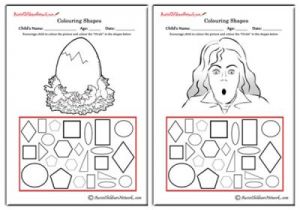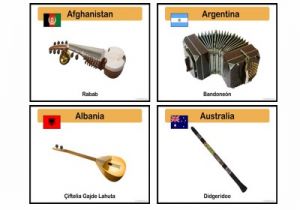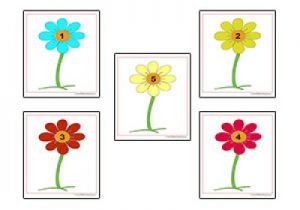

Quality Area 3 of the National Quality Standard (NQS) focuses on the physical environment—its design, safety, inclusivity, and how it supports children’s learning, wellbeing, and agency. Here’s a breakdown of practical, workplace-ready examples tailored to your advocacy and leadership lens.
ACECQA has developed a set of free eLearning modules for educators in the early education and care sector. The National Quality Standard eLearning module provides information about the purpose and structure of the NQS, which includes seven quality areas that are key to achieving positive outcomes for children.
Ensuring families feel informed and engaged is more than a compliance checkbox—it’s the foundation of true collaboration that supports each child’s learning journey. National Quality Standard (NQS) Element 1.3.3 requires services to keep families up-to-date about the educational program and their child’s progress. Simply saying “they had a great day” plus an end-of-year report falls short of this intent. Here’s how to enrich daily communication, meet compliance expectations, and foster home-to-service learning continuity.
Quality Area 2 of the National Quality Standard focuses on Children’s Health and Safety, ensuring that environments are safe, hygienic, and supportive of children's well-being. Here are some practical examples of how this can be implemented in the workplace.
Quality Area 5 of the National Quality Standard focuses on relationships with children. The following article provides a structured list of critical reflection questions for NQS Quality Area 5—Relationships with Children. These questions are designed to help you examine, evaluate, and enhance the ways in which your service fosters secure, respectful, and responsive relationships with children.
The Quality Areas are central to the National Quality Standard (NQS), which promotes high-quality outcomes for children in early education and care. The following article provides information on an Overview Of Each Quality Area, Connecting Quality Areas To National Law and Regulations, Strategies For Implementing Quality Areas, Tools That Can Assist In Implementing Quality Areas and more.
Writing critical reflections for the National Quality Standards (NQS) in early childhood education involves a thoughtful and systematic approach to evaluating and improving your teaching practices. The following articlr provides information on Steps to Write Critical Reflections For The NQS, Critical Reflection Examples for Quality Area 1 To Quality Area 7 and more.
Quality Area 2 of the National Quality Standard focuses on children's health and safety. This area is to safeguard and promote children’s health and safety, minimise risks, and protect children from harm, injury, and infection. The following article provides a list of critical reflection questions to guide thinking and practice for QA2.
Quality Area 1 of the National Quality Standard focuses on Educational Program and Practice. This area ensures that the educational program and practice are stimulating, engaging, and enhance children's learning and development. The following article provides a list of critical reflection questions to guide thinking and practice for QA1.

Worksheets of colouring and finding oval shapes with matching object
View Worksheet...
World Instruments Posters celebrate the rich diversity of musical traditions across cultures. Each poster typically features...
View Worksheet...
Flower Petal Counting enables children to add the correct number of petals corresponding to the...
View Worksheet...© 2009-2025 Aussie Childcare Network Pty Ltd. All Rights Reserved.

